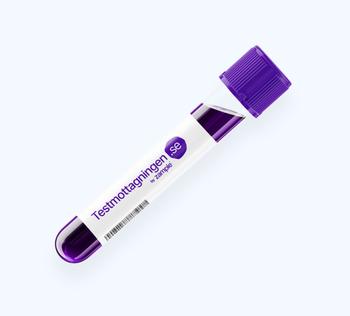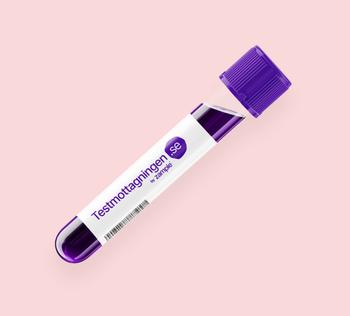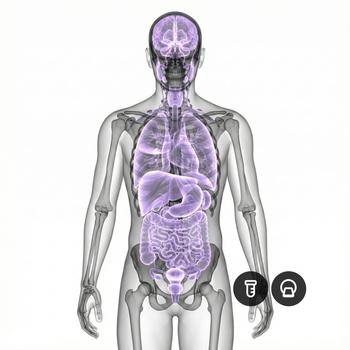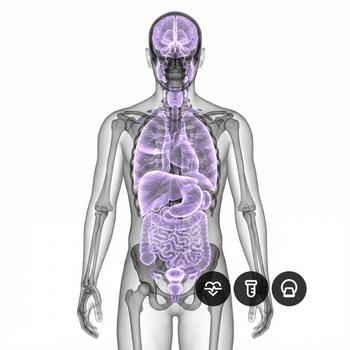What is cobalamin?
Cobalamin, also known as vitamin B12, is a water-soluble vitamin that is necessary for normal functioning of the nervous system, production of red blood cells and DNA synthesis.
The body needs cobalamin, vitamin B12, to be able to form red blood cells, if you have too little vitamin B12 you can get anaemia. The oxygen from the breathing air is transported via the red blood cells, this is needed for blood formation, production of energy and our metabolism.
Vitamin B12 in dietThe body has a limited ability to store B12, so it is important to get adequate amounts regularly from the diet or supplements. You get vitamin B12 through food from animal foods, mainly through meat and dairy products. If you eat a strict vegan diet and completely exclude dairy products such as milk, yogurt and cheese, you may need to add extra vitamin B12 to be at a good level.
Why analyze vitamin B12?
Vitamin B12 can be analyzed to detect a lack of the vitamin in the body which can lead to health problems such as anemia and nerve damage. The analysis can also be used to monitor the effectiveness of vitamin B12 treatments and to assess levels in suspected vitamin deficiency.
What can a high value of vitamin B12 mean?
High value of vitamin B12 in the blood are not normally dangerous, but may be due to an overdose of the vitamin through dietary supplements or a liver disease.
What can a low value of vitamin B12 mean?
Low levels of vitamin B12 can lead to anemia, nerve damage, fatigue, difficulty concentrating and other health problems. It can also be a sign of an underlying disease, such as e.g. an intestinal disease that makes it difficult for the body to absorb the vitamin.
Symptoms of anemia:
- Headache
- Fatigue
- Difficulty concentrating
- Dizziness
- Heart palpitations
- Ear ringing
- Weakness
A lack of vitamin B12 in combination with a lack of ferritin affects your energy as it means that the benefits of a good diet are hidden at values that are too low.
People with a vegan or strict vegetarian diet, aging or impaired digestion, alcohol abuse, chronic liver disease, Crohn's disease, ulcerative colitis, gastric bypass surgery as well as pregnant women and nursing mothers are at risk for B12 deficiency. It may be good for them to monitor their B12 levels regularly by doing a Vitamin B12 test.








































